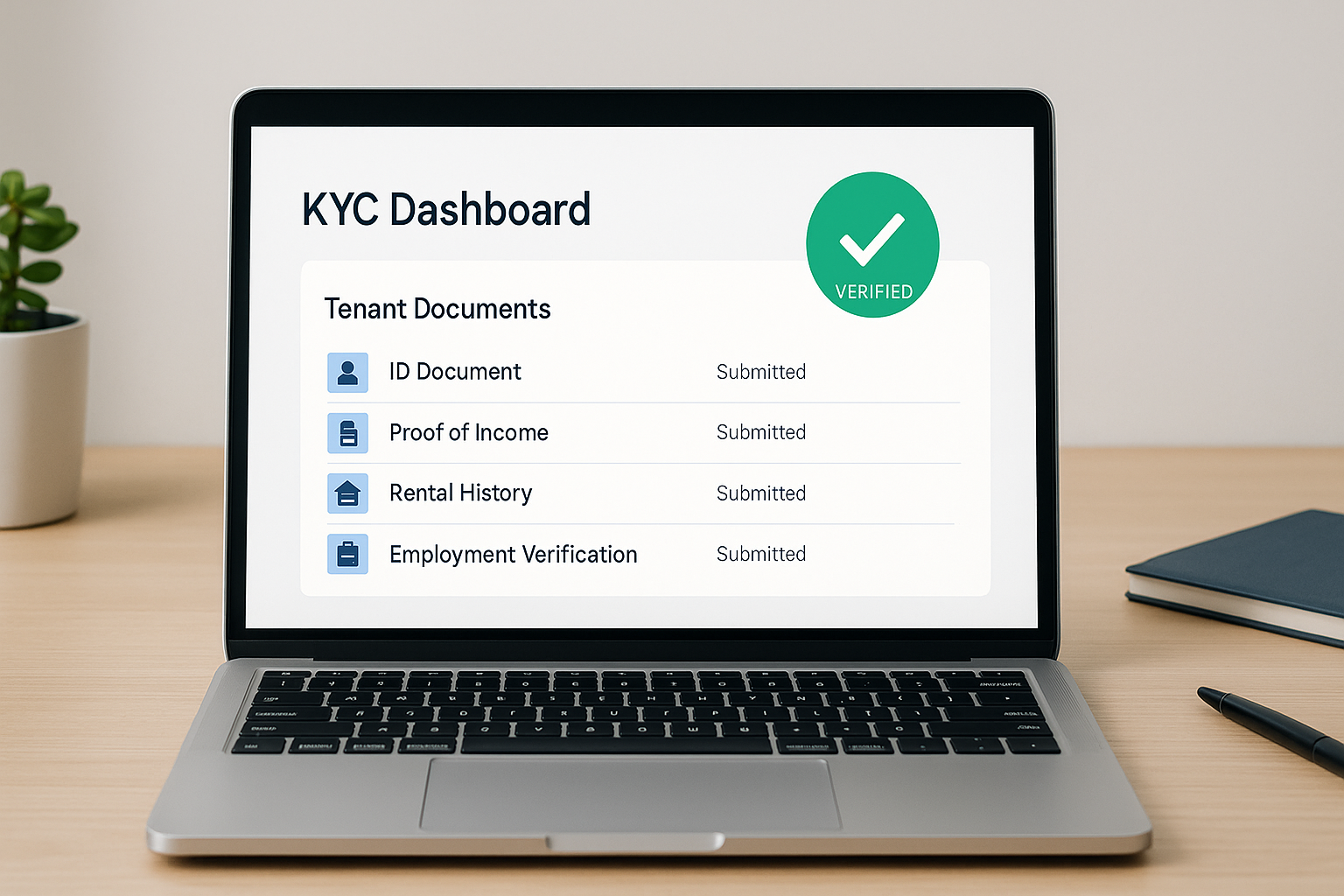.png)
Navigating the Future of Legal Work in the AI Era: Insights from Jessica Markowitz

In an industry as dynamic and evolving as the legal sector, understanding the trajectory of future trends is crucial, especially in the context of the burgeoning role of artificial intelligence (AI). Recently, we had the opportunity to glean in-depth insights from Jessica Markowitz, the esteemed President & COO of Paragon Legal, a pioneer in providing corporate on-demand flex talent across the United States. With Paragon Legal's national footprint and plans for expansion, Markowitz shared her valuable perspective on how AI and technological advancements are shaping the future of work in the legal industry.
Revolutionizing Legal Operations with AI
The legal industry, known for its rigorous and exhaustive workflow, particularly in commercial contracts, is standing on the brink of a significant transformation, thanks to AI. According to Markowitz, a considerable portion of Paragon Legal's business is dedicated to facilitating commercial contracts, aiding sales, or procurement processes. The introduction of AI and machine learning into these processes is not just a possibility but a near future reality that could dramatically increase efficiency and productivity.
The Rise of Automated Contract Review
One of the critical pain points in the legal sector today involves the intricate process of contract review, including the substantial volume of content, redlining, and providing essential context to clients. Markowitz pointed out that although many clients currently have Contract Lifecycle Management Systems (CLMS), there's a massive potential for optimizing these systems with AI. Technologies capable of automating contract reviews, triaging, and market comparison not only expedite the process but could also increase the volume of work due to the ability to review more documents and create additional data points.
Future Demand in Legal Services: A Double-Edged Sword
As we look towards the next 5 to 10 years, the demand for legal services in the face of advancing AI technologies presents a paradox. On one hand, day-to-day tasks like redlining might become automated, streamlining operations. On the other, this technological evolution could, paradoxically, lead to an increase in work volume. Markowitz elaborates, "Technology will be transformational, changing the nature of work but potentially leading to more work as there are more things to check and stay on top of." This mirrors the evolution seen in communication technologies, where new platforms like email did not replace older ones, such as phone messages, but added to the cumulative volume of communication needing attention.
Embracing AI Tools for Efficiency
Paragon Legal has already begun embracing AI through partnerships with innovative tools that assist in contract analysis for commercial engagements. These tools not only improve efficiency but also ensure that attorneys are equipped with the best resources to serve their clients effectively.
Engaging the Legal Community in the Age of AI
Markowitz strongly advocates for genuine engagement within the legal community, emphasizing the importance of sharing news, opinions, and personal experiences. This authentic approach, coupled with providing value and acting as a connector, is essential in building trust and understanding within the industry. Moreover, educating oneself to speak the same language as legal professionals is vital in deeply understanding their needs and challenges.
Conclusion: The Fascinating Future of Legal Technology
The future of technology in the legal sector remains a hot topic, with rapid changes making precise predictions challenging. However, as articulated by Markowitz, the key lies in staying open-minded. The potential of AI to revolutionize the legal industry is immense, promising not just increased efficiency but also a transformation in the nature of legal work itself.
Jessica Markowitz's journey leading Paragon Legal reflects a dedication to innovation and excellence in the legal industry. As legal professionals and organizations navigate the complexities of integrating AI into their workflows, insights from leaders like Markowitz will be invaluable in shaping a future where technology and human expertise collaborate to elevate the provision of legal services.
In an era where AI's role in the legal industry is rapidly expanding, staying informed on these trends and leveraging them for strategic advantage will be critical for legal professionals and firms aiming to remain competitive and efficient. The insights from Jessica Markowitz offer a compelling glimpse into a future where legal work is transformed through technology, offering challenges and opportunities in equal measure.
Unstructured data can easily be indexed, sorted, filtered, and analyzed by Discrepancy AI
Start for Free










.png)

.png)

.png)
.png)

.png)

.png)
.png)


.png)

.png)
.png)
.png)





